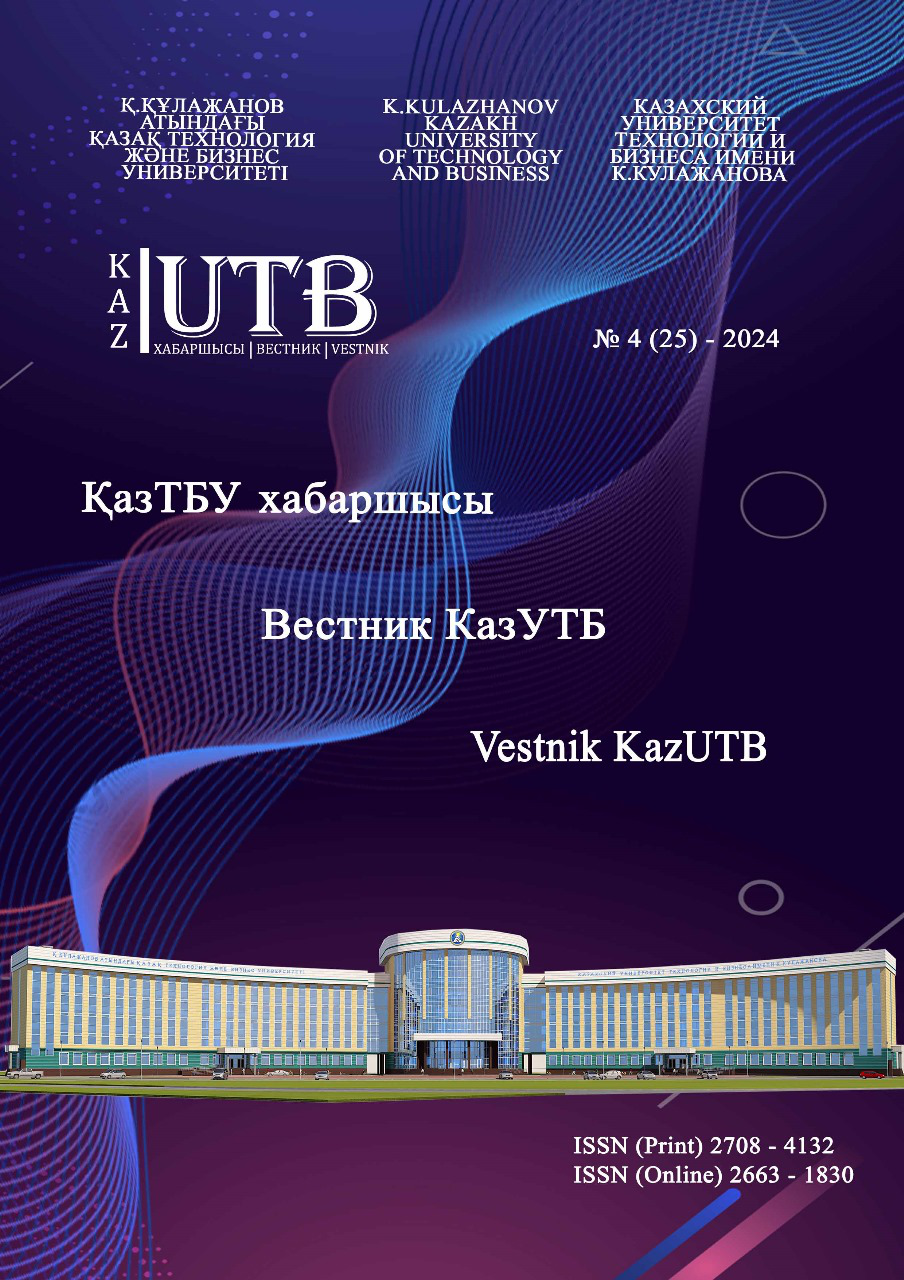Меню


Information and communication and chemical technologies
No. 4 (25) - 2024 / 2024-12-31 / Number of views: 68
EFFICIENCY OF OXYGENATES ON INCREASE OF OCTANE NUMBER OF GASOLINE FROM DELAYED COKING UNIT
Authors
Keywords
delayed coking unit gasoline, oxygenate, octane number, dymethylethynylcarbinol, methyl tert-butyl ether, efficiency, detonation.
Link to DOI:
How to quote
Abstract
The growth in demand and use of oil and gas products is the cause of a number of serious environmental problems around the world. The main source of chemical pollution in the environment is gases from internal combustion engines. As a result of the physical and mechanical processes that take place in the cylinders of the engine, complex compounds made up of a number of toxic components are released. Modern cars require high octane fuel with antidetonation properties, characterized by engine octane numbers of 92, 95 and 98. High antidetonation properties are achieved either by deep modification of petrol using catalytic cracking, isomerization and alkylation processes, or by adding special high-octane additives to the fuel. Today, gasoline is one of the most important primary energy sources. More than any other hydrocarbon fraction, humanity needs high quality gasoline. Therefore, very high demands are placed on the operational properties of motor gasoline. The problem of improving the quality of gasoline is one of the most pressing problems of the chemical industry.
In the present work, the influence of methyl tert-butyl ether oxygenates (MTBE) and dimethyl ethynyl carbinol (DMEC) on the increase of the octane number of gasolines from a delayed coking unit (DCU) has been tested. The results of the study showed that the increase in octane number of DCU petrol when DMEС and binary MTBE+DMEС additives were added was higher than that when MTBE was added. It can be concluded that tertiary acetylene alcohol - DMEC can be used as an effective oxygenating additive for automotive gasoline based on the research results. The use of DMEC can expand the resources of high-octane components, reduce the toxicity of gasoline and exhaust gases. It will increase the output of high-quality commercial gasoline for automobile engines.



